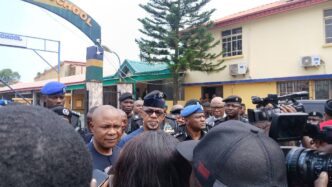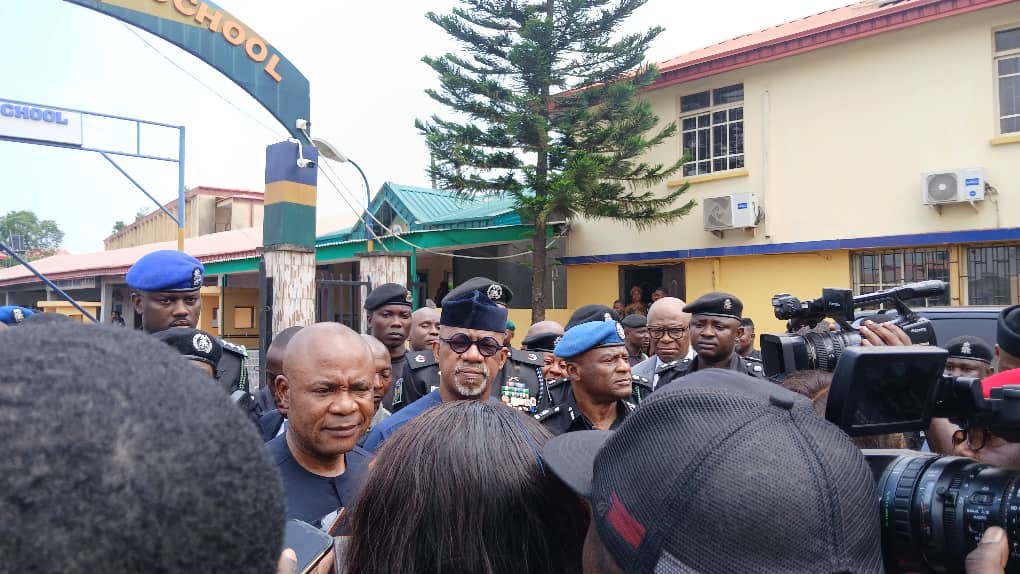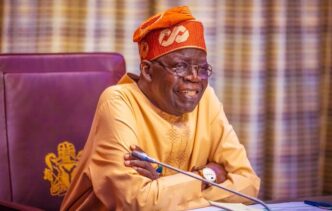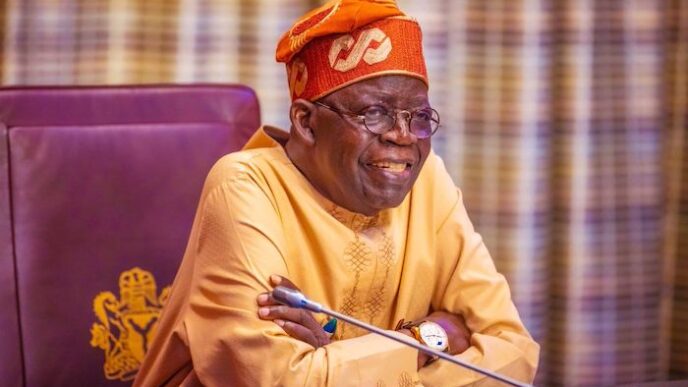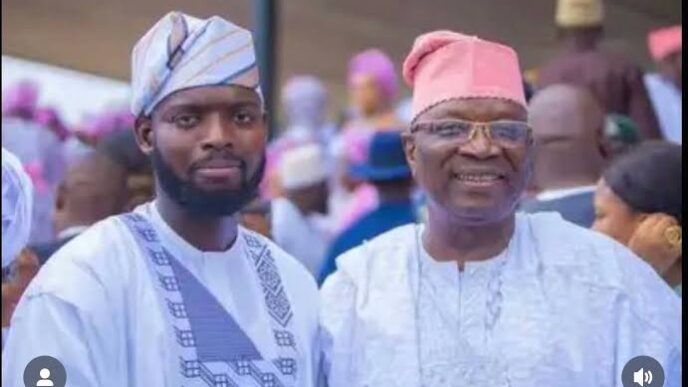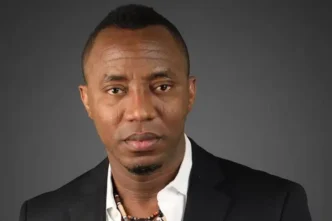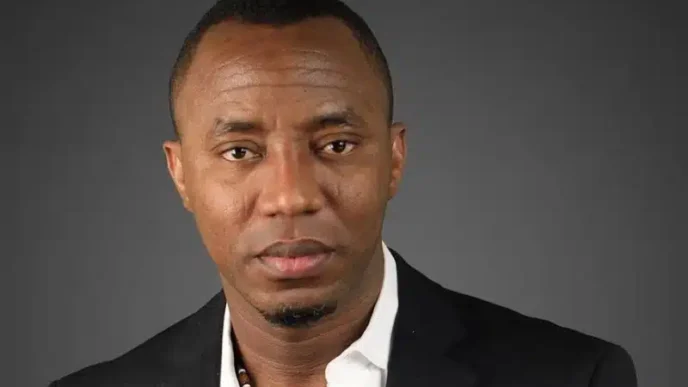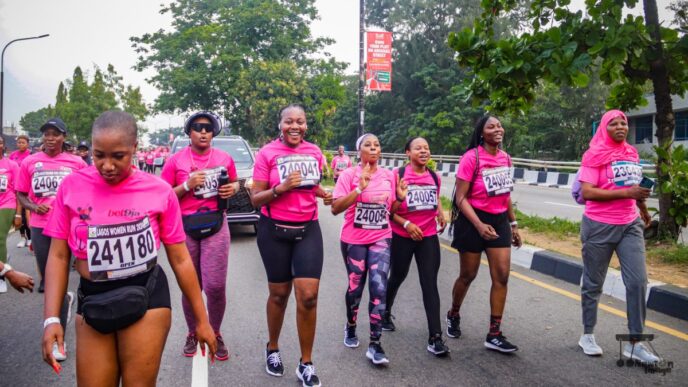The Federal Government has declared a national emergency on the training institutions of the Nigeria Police Force and the Nigeria Security and Civil Defence Corps (NSCDC).
The move follows President Bola Ahmed Tinubu’s approval of a comprehensive reform aimed at restoring professionalism, morale, and efficiency within Nigeria’s internal security system.
This declaration was announced during an inspection tour by members of the National Economic Council (NEC) Ad Hoc Committee on the overhaul of police and civil defence training facilities across the country.
The committee, led by Enugu State Governor Dr. Peter Mbah, inspected several training centres in southern Nigeria.
Another delegation, headed by Nasarawa State Governor Abdullahi Sule, is conducting similar visits across the North.
Addressing journalists after the inspection, Governor Mbah said the exercise aligns with the president’s vision for a modern, professional security service.
“What we have seen today is consistent with the president’s vision when he approved the inauguration of this committee,” Mbah stated.
“The president recognises that there is a need for bold and urgent steps to restore the pride, professionalism, and confidence of our men and women in the security space.”
According to him, the committee has 30 days to submit a full report, which will guide government action on rebuilding and upgrading police and civil defence training institutions nationwide.
The Enugu State governor confirmed that an intervention fund will be established to finance the rebuilding and re-equipping of training centres.
“The president saw this as an emergency and this is an intervention,” Mbah said.
“The aim is to rebuild, renovate and re-equip these training institutions. As you know, the president has approved the recruitment of 30,000 new police personnel and this cannot be implemented without adequate facilities to train them.”
He explained that many existing facilities are outdated, with some built as far back as 1948. “We are dealing with decades of neglect,” he added.
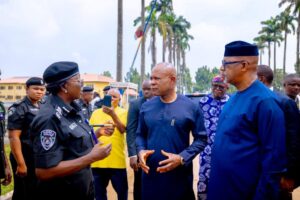
Furthermore, Mbah revealed that the reform will include the introduction of digital and technology-driven training systems.
“We cannot use the systems of the 20th century to train a 21st-century police force,” he said.
“Our officers must be equipped with evolving digital skills, such as artificial intelligence, robotics, and mechatronics. This is a comprehensive revamp that will ensure our personnel are trained in environments that reflect modern realities.”
Quoting President Tinubu, he noted, “You cannot expect men and women who are protecting our communities and upholding law and order to be trained in inhumane environments. That is unacceptable.”
Asked if the initiative was in response to recent international statements, particularly by U.S. President Donald Trump, Mbah clarified that the reform had been conceived long before.
“This is no knee-jerk response,” he stressed. “It is the vision of a proactive president who recognised that our training institutions have suffered decades of neglect.
We are determined to rebuild them, equip them and make them consistent with global standards.”
Meanwhile, the committee’s nationwide tour continues, with findings expected to shape a new era of modern, technology-driven policing.
